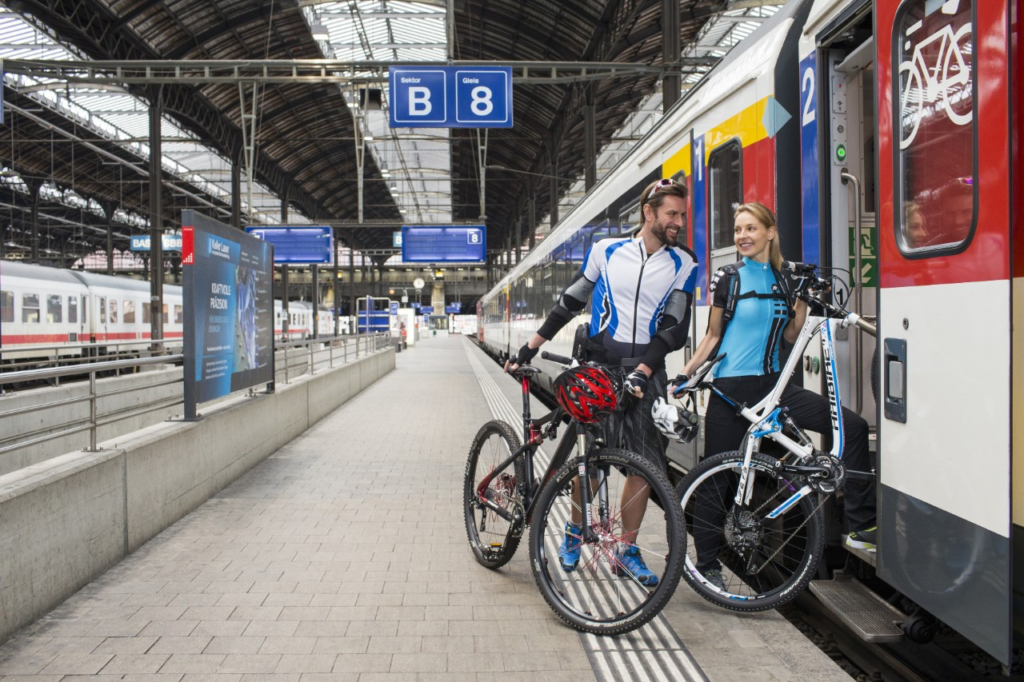Alstom to Provide Additional 64 Commuter Trains to Hamburg, Germany
Alstom and S-Bahn Hamburg GmbH have signed a contract for the delivery of an additional 64 Class 490 S-Bahn trains. The order is an option from a framework contract signed in 2013 and is valued…

